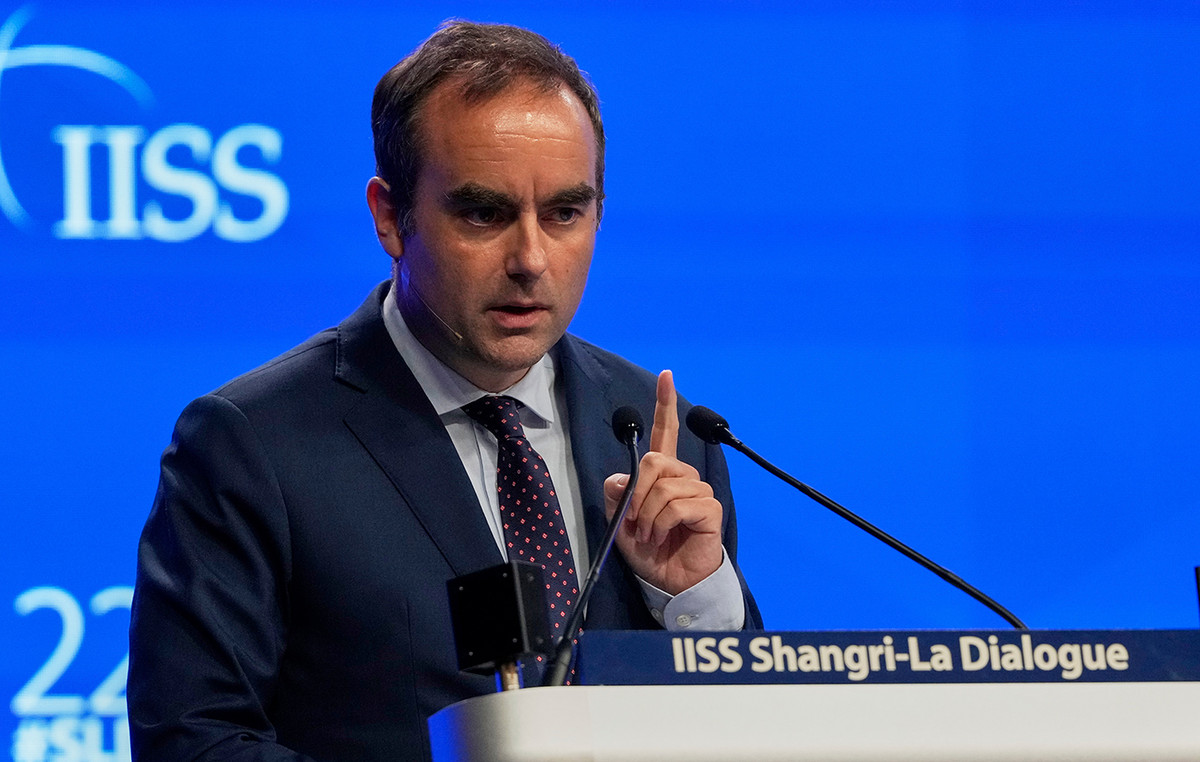By Pankaj Mishra
Until his fall last week, British Prime Minister Boris Johnson could count on the undivided support of at least one country: Ukraine. Ukrainian President Volodymyr Zelensky claimed he was “very happy” last month when Johnson narrowly won a no-confidence vote against the Tory leadership.
Last week, Johnson called the Ukrainian president on the phone after the Pincher scandal broke, which eventually led to his resignation. Indeed, the strategically timed talks with Zelensky have been a kind of distraction from his scandal-plagued government in recent weeks.
It is not clear what was discussed in these numerous conversations. As columnist Simon Jenkins wrote, “all we know is that in almost every case, Johnson is promising another tranche of British taxpayers’ money for aid to Ukraine.”
In Germany, Ukrainian Ambassador Andrij Melnyk (before he was fired Saturday by Ukrainian President Zelensky) had made much stronger interventions in local politics through his tweets and TV appearances. Criticizing the German government and Chancellor Olaf Scholz, he tried to pressure Berlin to take a more activist stance toward Ukraine.
Taking sides in the domestic politics of its allies would not be a wise strategy for Ukraine under any circumstances. This is even more true now, when taxpayers in Western Europe and the US may tire of spending money to support a war where victory looks increasingly unlikely.
The rapid Western political and media consensus on Ukraine understandably did not emerge from any extensive public debate. Instead, politicians and editors celebrating the West’s newfound unity drew on popular sentiment, spontaneous revulsion at Russian President Vladimir Putin’s unprovoked invasion of an independent country, and admiration for the courage shown by Ukrainians in the face of a brutal and ruthless enemy.
But feelings change much faster than the policies that help create them. Western interventions in Afghanistan and Iraq are recent examples: Initially popular, they ultimately helped propel Donald Trump to power as, in part, an anti-war candidate.
Such reversals occur because ordinary citizens do not, and cannot, share the reasons why many politicians and journalists continue to take strong positions long after they cease to be effective.
Politicians in democracies tend to find in war abroad a field for bold maneuvers and rhetoric unavailable to them at home: Journalists and commentators in affluent societies have long tended to seek moral seriousness (and self-promotion). in the wars of others.
People who do not belong to any political or journalistic establishment have no such professional and ideological motivations. They are also more exposed to economic adversity and willing to change their minds about wars that seem to last forever.
As it happens, ordinary citizens have never been adequately informed of the acute economic and military risks of a protracted war against a nuclear superpower.
Western analysts have highlighted Russia’s military failures and economic weakness in the early stages of its invasion of Ukraine. But little did they consider that, unlike the leaders of North Korea and Iran targeted by Western sanctions, Putin was willing and able to unleash a global energy and food crisis in retaliation.
Nor did they predict that, with China and India willingly buying Russian oil at a discount and non-Western countries refusing to sanction Russia, the Kremlin’s revenues would actually increase rather than decrease.
The ruble isn’t exactly turning into “wrecks,” as US President Joe Biden promised. Instead, every day now brings new fears of impending doom even in highly developed economies. Russia’s natural gas pipeline to Germany is to undergo routine maintenance and be shut down. If, as seems likely, Putin does not fully reopen the pipeline, Europe’s strongest economy could sink into a deep recession.
Amid mass unemployment, public sympathy in Germany for Melnyk, the Ukrainian diplomat, will begin to wane. Zelensky also risks losing some of the huge support he has in the UK after his unwavering support for Johnson.
To be sure, public opinion in Europe is already changing rapidly as record inflation fuels fears of a catastrophic financial crisis. According to a poll of 10 European countries by the European Council on Foreign Relations last month, those who want the war to end as soon as possible outnumber those who seek to punish Russia.
This majority in the West is very likely to grow further, it could even become indifferent to the fate of Ukrainians as the economic outlook worsens. Abandoning the Ukrainians in the war against Russia would be a mistake, as was abandoning the Afghans to the Taliban. However, we must prepare for the possibility that another hasty and ill-conceived intervention supported by political elites and the media will turn out to be a failure, hurting the very people it was supposed to help.
Source: Bloomberg
I’m Ava Paul, an experienced news website author with a special focus on the entertainment section. Over the past five years, I have worked in various positions of media and communication at World Stock Market. My experience has given me extensive knowledge in writing, editing, researching and reporting on stories related to the entertainment industry.







